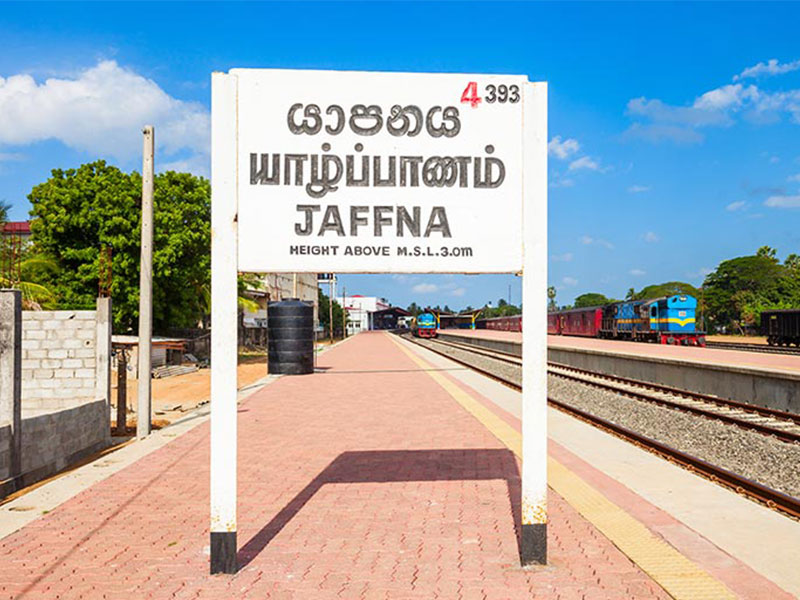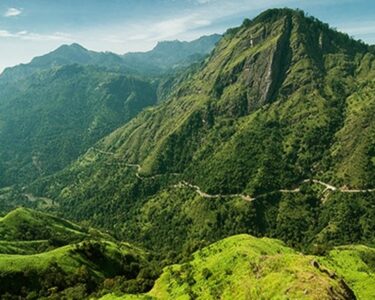Tackling Water Scarcity in Jaffna: A Critical Look at Proposed Solutions
The Jaffna Peninsula, located in Sri Lanka’s Northern Province, has long grappled with severe water scarcity. Over-reliance on groundwater for agriculture has led to increasing salinity in wells, rendering much of the water unfit for consumption or irrigation. Rice cultivation, heavily dependent on seasonal monsoons, further complicates the region’s water crisis, making it a pressing issue that demands sustainable solutions.
Recently, President Ranil Wickremesinghe announced plans to commission a new river for Jaffna, a proposal that has sparked both interest and skepticism among local communities. The idea follows the existing Valuki Aru river, which originates in Alavedy and confluences at Araly but remains dry for most of the year. The proposed river would involve significant engineering efforts, including the reconditioning of barrages at Thondamanaru and Navatkuli, converting them into freshwater lagoons, and modifying the Elephant Pass lagoon to ensure a consistent flow of water.The purpose of this project is to provide fresh water to the community of the Jaffna peninsula by harvesting wasted water from NP mainland and using to enhance agriculture productivity with drinking water needs of whole Jaffna Peninsula population.
The plan also includes constructing a 4-kilometer-long channel to connect the Elephant Pass lagoon with the Vadamaradchy lagoon. However, this ambitious project hinges on the region’s rainfall, particularly in the Vanni area, which only experiences significant precipitation during the northeast monsoon. Given the erratic nature of rainfall in the region, there is a high risk that the new river, like Valuki Aru, will run dry for much of the year, failing to provide a reliable solution to Jaffna’s water woes.
Critics of the project argue that it is unlikely to resolve the long-standing water issues in the peninsula. Instead, they propose a more sustainable approach, drawing parallels with Singapore’s successful use of desalination plants. By constructing multiple desalination facilities across Jaffna, the region could secure a steady supply of fresh water, reducing its dependence on increasingly saline groundwater.
Adopting the Singapore Solution in Jaffna
Singapore, a small island nation with limited natural freshwater resources, has faced similar challenges in securing a reliable water supply. Over the years, the country has developed an integrated water management system that includes extensive desalination facilities, enabling it to meet the demands of its population even during dry periods. Adopting a similar approach in Jaffna could offer a sustainable and long-term solution to the region’s water crisis.
To implement the “Singapore solution” in Jaffna, the government could begin by constructing a network of desalination plants along the coast, where seawater could be efficiently converted into fresh water. This process would ensure a continuous supply of potable water, regardless of rainfall variability. With desalination, even areas where groundwater has become too saline could receive fresh water through a piped distribution system, making the overuse of wells unnecessary.

Furthermore, desalinated water could be used not only for drinking and domestic purposes but also for agriculture. By providing farmers with a reliable source of fresh water, the region could reduce its reliance on rain-fed irrigation, thereby stabilizing agricultural production. The availability of fresh water could also encourage the cultivation of saline-resistant crops, such as specific varieties of paddy and coconut, which are better suited to the region’s challenging conditions.
In addition to providing a reliable water supply, desalination plants would help mitigate the environmental impact of excessive groundwater extraction. By reducing the need to pump water from increasingly brackish wells, the region’s aquifers could begin to recover, improving the overall quality of the groundwater over time.
While converting the lagoons into freshwater bodies by strengthening the barrages at Thondamanaru and Navatkuli may offer some temporary relief, desalination presents a more robust and future-proof solution. As Jaffna continues to grapple with its water crisis, adopting Singapore’s approach could pave the way for a sustainable and resilient water management system, ensuring that the peninsula’s residents have access to fresh water year-round.







